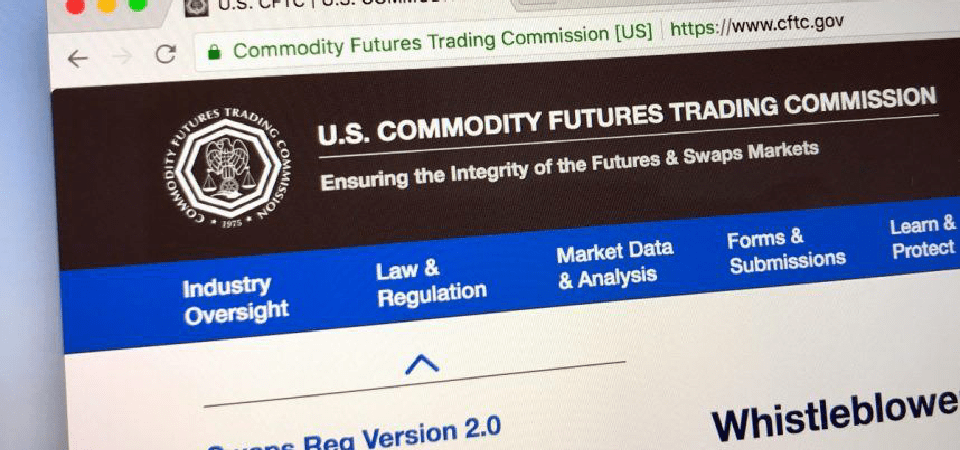American Gaming Association Seeks Ban of Sports Event Contracts on Prediction Markets

The American Gaming Association (AGA) is calling on the U.S. government to ban prediction market exchanges from providing event contracts related to sports.
A significant risk to the legal sports betting sector has surfaced with wagering exchanges that enable users to bet money against each other on various topics, ranging from the weather forecast for tomorrow to bitcoin's price. The digital platforms assert that they provide derivatives, or financial tools that are bought and sold as investments.
The Commodity Futures Trading Commission (CFTC), a federal independent agency overseeing derivatives markets, is examining the optimal way to regulate prediction markets and the legality of contracts tied to sports events.
AGA President and CEO Bill Miller wishes for the CFTC to ban prediction exchanges such as Kalshi, Crypto.com, and Robinhood from selling sports contracts. Claiming that the choice is “crucial” and supports the forecast that sports-related agreements would “erode years of state-led advancements in regulating sports betting,” Miller promotes a prohibition on such options.
“The CFTC must reject the classification of sports event contracts as investment products and reinforce the integrity of the existing state-regulated sports betting market. Anything less risks destabilizing a system carefully built to balance economic opportunity with consumer protection and support for states and communities,” Miller wrote in an op-ed published in the Sports Business Journal.
“The CFTC must act now to protect states’ rights and prevent an unregulated national betting market from taking root,” the AGA leader continued.
Investments or Wagers?
The boundary between gambling and investing diminished with the emergence of the internet, which popularized electronic trading platforms. Warren Buffett, one of the most successful investors in history, remarked last autumn that the “markets today show much more gambling-like tendencies than they did during my youth.”
Kalshi and comparable platforms assert that they merely enable the public to wager money on event outcomes, similar to how investors put their money at risk when purchasing company shares based on their expectations of the upcoming quarterly report. Miller, on the other hand, argues that forecasting the result of a sports event is undeniably tied to betting.
"These platforms argue that these contracts are investment vehicles, not wagers or bets. This is sports betting, and if you don’t believe it, their own advertising presents it quite clearly,” Miller wrote. “The reality is that this effort amounts to a backdoor for national sports betting that threatens state authority, consumer protections, and the integrity of the legal sports betting industry.”
Upcoming Roundtable
The CFTC plans to conduct a "roundtable on prediction markets" later this month. A date has not been established yet.
Since the beginning of last month, the CFTC has been receiving feedback from interested parties. Entities that expressed support for the CFTC's prohibition of sports-related prediction market contracts, alongside the AGA, include GeoComply, a geolocation company that helps mobile sportsbooks determine the locations of their bettors. Major League Baseball, the Indian Gaming Association, and US Representative Dina Titus (D-Nevada) have also advocated for a prohibition.
CFTC Acting Chair Caroline Pham has voiced her disapproval of sports contracts on prediction markets.
“Unfortunately, the undue delay and anti-innovation policies of the past several years have severely restricted the CFTC’s ability to pivot to common-sense regulation of prediction markets,” Pham said last month. “Despite my repeated dissents and other objections since 2022, the current commission interpretations regarding event contracts are a sinkhole of legal uncertainty and an inappropriate constraint on the new administration.”

















